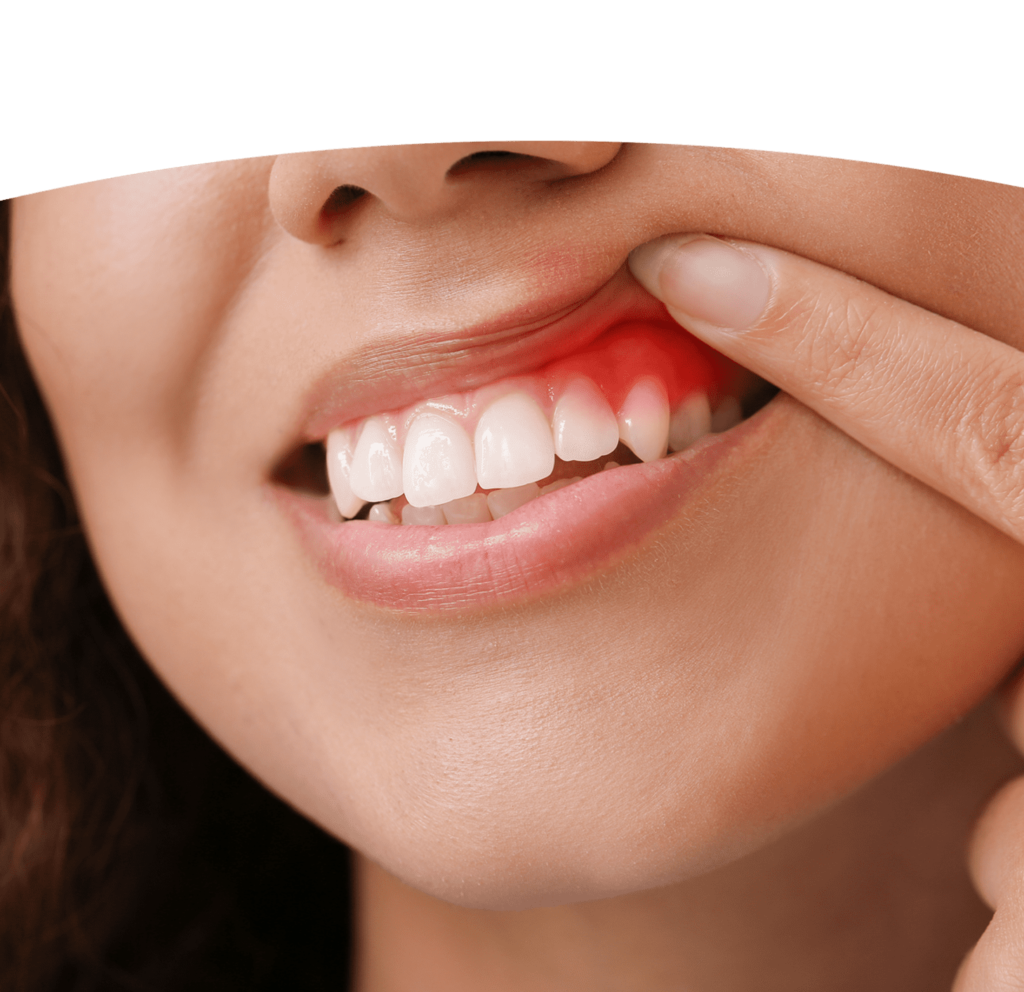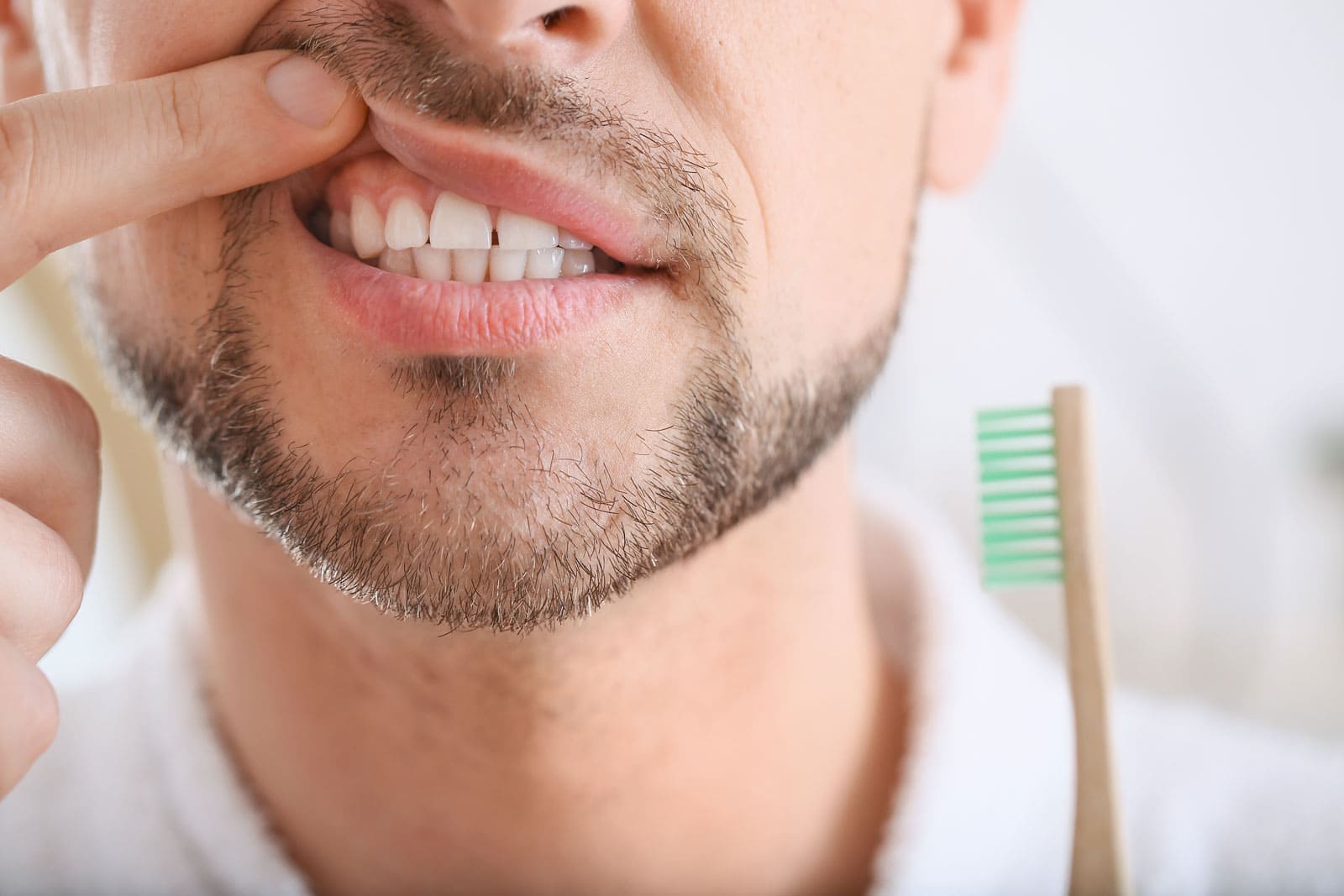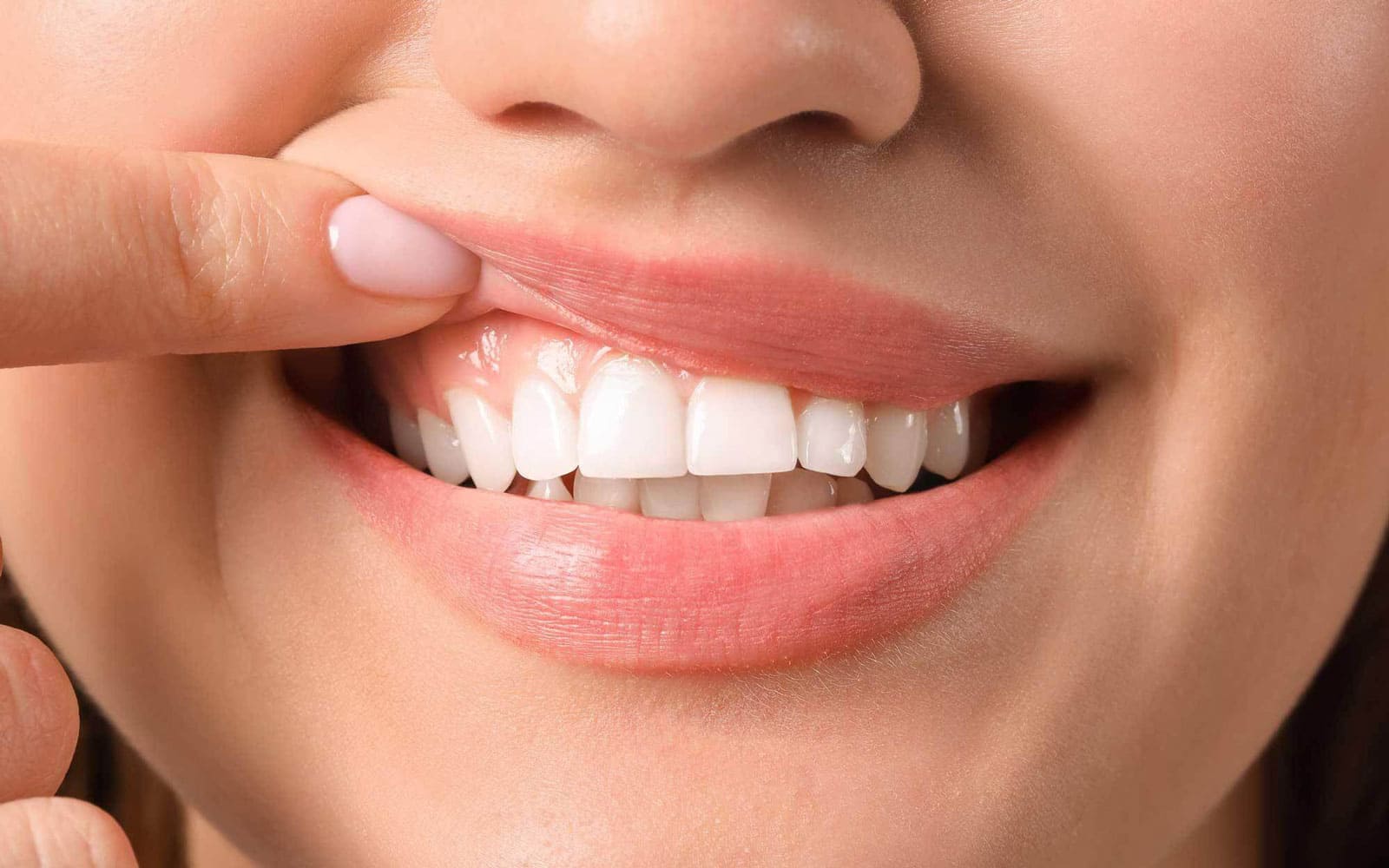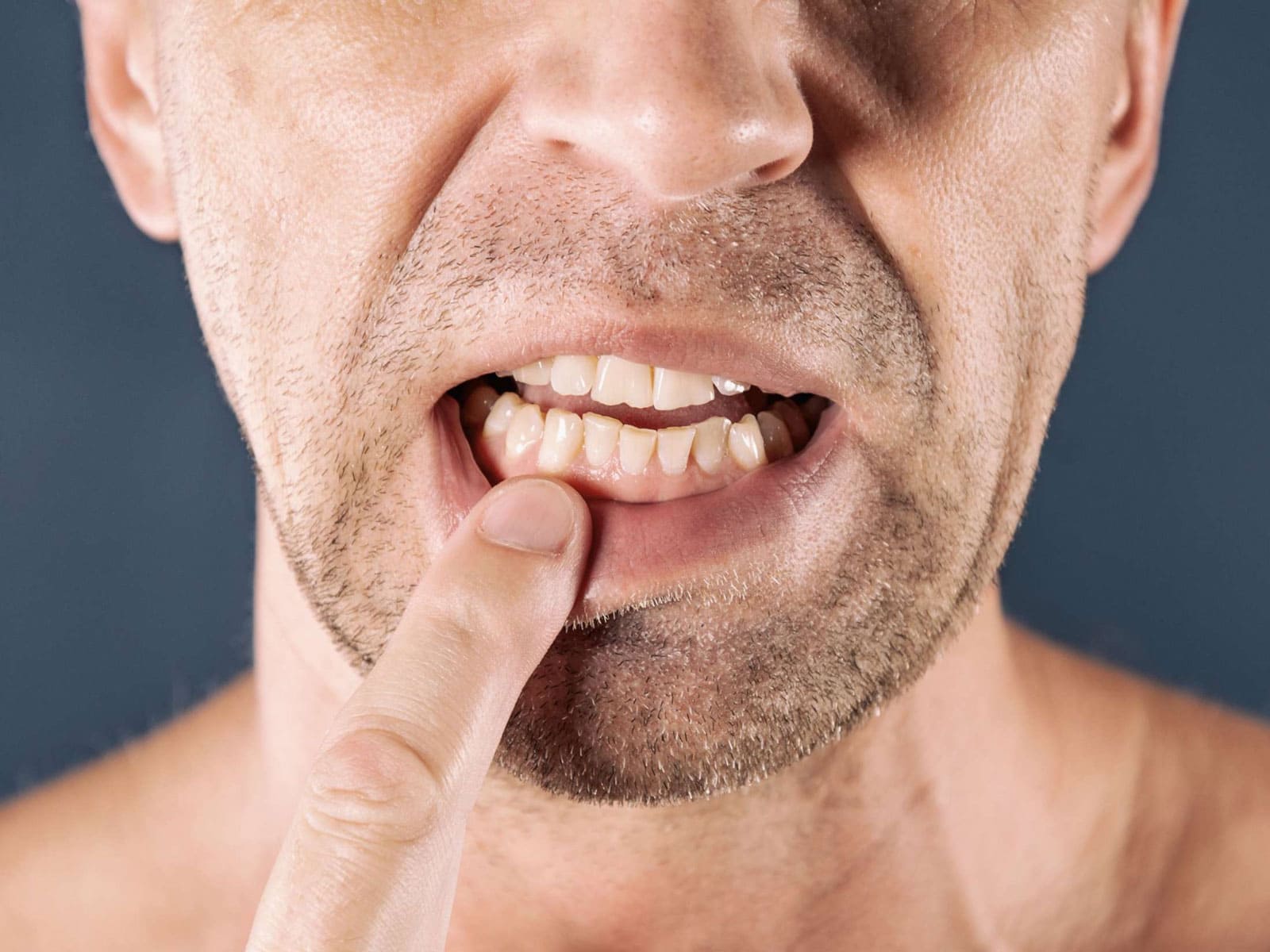Gingivitis Periodontal
Gum Disease

Gum tissue surrounds the teeth and has important effects on the protection of dental health. Inflammatory conditions that develop in these tissues due to various factors are called gum diseases (periodontal diseases). Since untreated periodontal problems are responsible for approximately 70% of tooth loss, it is of great importance to treat them as early as possible. In addition to the function of protecting the teeth, these tissues are important for ensuring comfortable chewing and maintaining the order of the digestive system. Early diagnosis of diseases allows for successful treatment with more minimal applications. Gingival diseases are divided into two as gingivitis and periodontitis according to the level of involvement of the surrounding tissues.
What is gingivitis (periodontitis)? Treatment and cost in Turkey, Istanbul
What is gingivitis?
Gingivitis is a gum disease characterized by swelling, redness, and an increased bleeding tendency in the gum tissues due to various causes. In gingivitis, which is the initial stage of diseases developing in the gums, the affected tissue is only the gums. The most common factors that cause the development of gingivitis can be listed as plaque accumulation on the tooth surface, damage to the gums by brushing, and improper use of dental floss. In the early period of the disease, there is no significant loss of comfort, and with treatment, inflammation in the gums can be eliminated and complete recovery can be seen. Gum diseases can lead to different deformations over time if gingivitis is not treated and routine oral care is not organized.
What is gingival recession (periodontitis)?
Periodontitis is a gum disease characterized by the destruction of the soft tissue and bone tissue surrounding the tooth. Periodontitis may start directly due to various factors or may develop in cases where the existing gingivitis problem is not treated.
Swelling, redness, and bleeding gums observed in gingivitis can also be observed in periodontitis. In addition to these symptoms, gingival recession or pocket formation around the tooth may also be observed due to the loss of bone tissue.
Gum pockets can facilitate the development of infection and the progression of the disease, as they create an environment that facilitates the accumulation of bacteria. When periodontitis occurs, the disease can be treated, but it may not always be possible to completely restore the lost tissue.
If the disease progresses due to prolonged untreated periodontitis, the teeth may become loose due to losses and extraction of the teeth may become necessary.
What are the symptoms observed when gum diseases develop?
- Redness, swelling and tenderness in the gums
- Bleeding gums during tooth brushing or spontaneous bleeding
- Inflammatory discharges from between teeth and gums
- Development of bad odor in the mouth
- Gum recession
- Changes in the relationship between the upper and lower teeth during shaking and biting
- Displacement of tooth positions
- Presence of gum tissue that can be easily separated from the teeth
- Changes in the edge fit of existing dentures

What are the factors causing the development of gum disease?
Bacteria are always the main cause of periodontal disease, but some conditions may cause damage to the defense mechanism of the tissues. In this case, the development of the disease may become possible even if the presence of bacteria is not at an average level to cause disease. A gum disease caused by bacteria can progress faster than its normal course.
Stress
The development of stress has a significant effect on the suppression of immunity in the body. In the presence of an active source of stress, it becomes difficult for the immune system to fight the developing infection, and this can lead to the rapid progression of gum disease.
Smoking
Smoking is an important risk factor for the health of periodontal tissues as well as for general health. The effects of restricting blood circulation make it difficult for defence cells to reach the affected area and accelerate the development of the disease. The heat generated by smoking and the chemicals in its content also suppress the development of bleeding in the gums. This situation prevents early diagnosis of a disease that develops in the gums because it causes masking of important symptoms.
Medication
Some medications can adversely affect oral health by causing changes in gum tissue. Medications given for the treatment of epilepsy, antidepressants used in the treatment of depression, drugs that suppress the immune system, and birth control pills can make it difficult to maintain gum health. Blood pressure or heart medications or medications used in the treatment of asthma in the form of sprays containing cortisone are also among the medications that can adversely affect oral health. If the patient is taking any of these medications, the dentist creates a controlled treatment plan by consulting the relevant medical doctor before the treatment to be performed.
Hormonal Changes
In conditions such as puberty, pregnancy and menopause, which cause changes in hormone levels, the inflammatory response of the gingival tissue against microorganisms increases. Therefore, disruptions in routine oral care during periods when hormone levels are affected significantly increase the risk of tissue damage.


Diseases
Systemic diseases may cause changes in both the defence of tissues against the disease and their response to treatment. In patients with uncontrolled diabetes, the circulatory system in the tissues is impaired and dry mouth is observed. These conditions make the tissues more susceptible to bacterial growth and may lead to severe tissue destruction in a short time.
Diseases that suppress the body’s defence system such as AIDS and leukaemia also make the gums vulnerable to many factors. Gum diseases that develop in the presence of these diseases are usually quite severe and difficult to control.
Regular dental examination is important for early diagnosis of a developing gum disease and treatment before irreversible loss occurs. Avedent offers you the necessary applications for the treatment of these diseases with its expert dentist staff. You can also make your examination appointment at our clinic, undergo routine dentist control and get more detailed information about your gum health.
